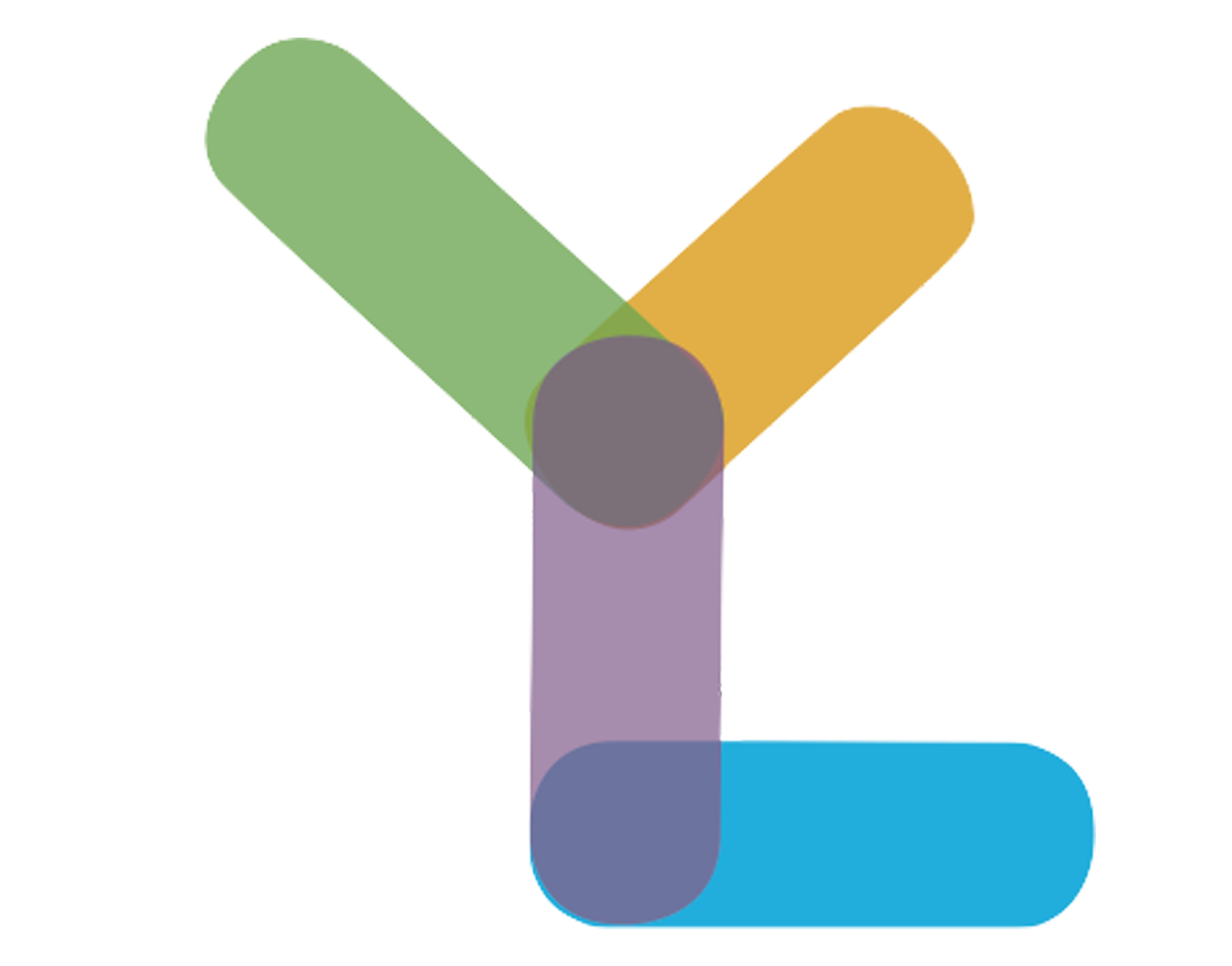Community Activator Series: Chris Zhou and Niklas Agarwal
Written by Chris Zhou & Niklas Agarwal
FutureXChange Community Activators, Chris Zhou.
FutureXChange Community Activators, Niklas Agarwal.
In November 2019, our FutureXChange (FXC) participants Chris Zhou and Niklas Agarwal travelled to Inuvik, NWT to learn about localized Traditional Knowledge (TK) and Gwich’in teachings from Elder Sarah Jerome. Sarah is a retired educator and residential school survivor from Fort MacPherson, NWT. She has been a youth advocate for decades and works to support culture revitalization efforts in her community. She is also part of the last generation of Gwich’in who were mostly raised on the land and experienced the healing effect of this connection firsthand.
© CBC Gwich’in Elder Sarah Jerome
Why is TK Important?
Elder Sarah Jerome: Traditional Knowledge is important because it is part of our everyday life. Indigenous knowledge keepers are instrumental, because they understand that the land is tied to our livelihood. The number one thing we learn is to respect everything: the people, the land, the water and the air.
How should settler youth engage with TK?
Elder Sarah Jerome: We are all in this together. Indigenous and settler youth should learn from each other, especially about the land they are on - it should be reciprocal. I believe that there should be long term programs for young people along with Elders from across Canada to come onto the land and learn how to survive on it. We were given the mandate to take care of the land. For some, all they care about is money; for us, it’s the land. When you really learn about the land, you will realise how we were displaced from our hunting areas so companies could come build pipelines. We fight for this land because it is our life, and a lot of non-Aboriginals don’t recognise that.
Why do you think it is important to understand TK to address climate change?
Elder Sarah Jerome: I need people around the world to understand how climate change is affecting us here. Fish in the Beaufort Sea are dying off, polar bears and seals don't have enough ice on the ocean to survive. Soon we’re not going to have ice on the Arctic Ocean, which will affect the animals and people on the coast. Since the climate started changing, porcupine caribou have stopped returning to our area, forcing people to buy more processed food at the grocery store, like beef, which makes us sick.
We need more education on climate change so people understand the negative impact that our extractive activities have on Mother Earth.
Closing Thoughts from Chris and Niklas
Sarah mentioned that often elders are part of many studies on Traditional Knowledge that end up collecting dust on government shelves. Or even worse, it ends up being used inappropriately or incorrectly. We want to echo her words that Traditional Knowledge cannot be removed from elders and their communities, and credit must be given. There have been too many instances of people coming to the land and taking this information. We offer this blog post to hold up our agreement and honour reciprocity with Sarah.
As settlers, it is our role to engage with other settlers on the importance of respecting and honouring Indigenous ways of being. Mahsi cho (big thank you) to Sarah for taking the time to share her important insights. If you’d like to hear more from her, please check out this keynote.
Niklas and other FXC participants in a #FridaysforFuture strike in solidarity with Inuvik residents.




